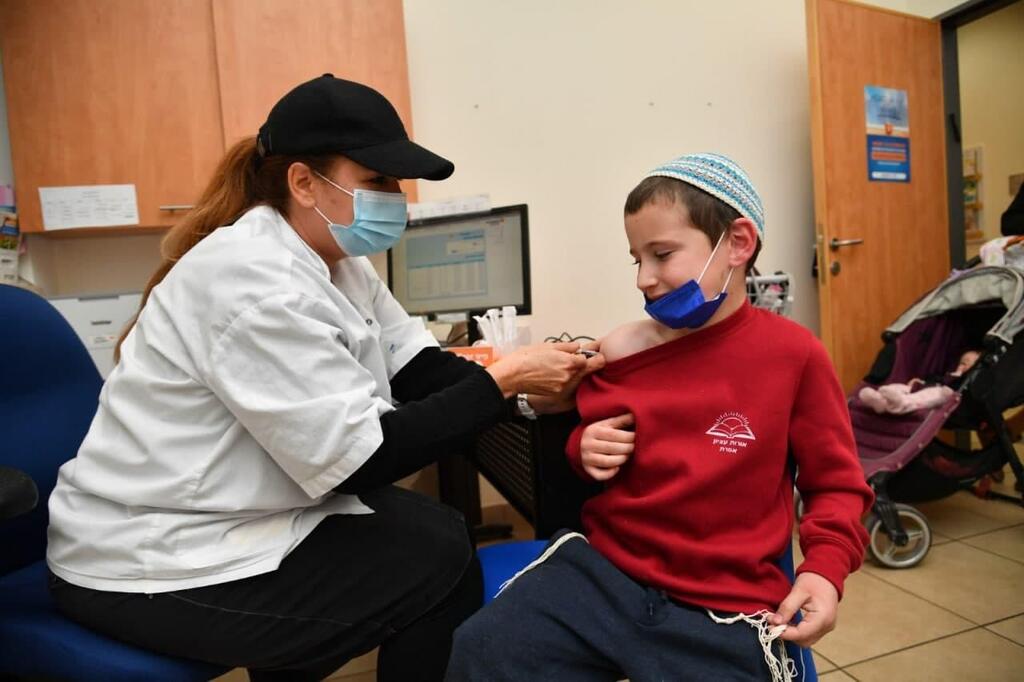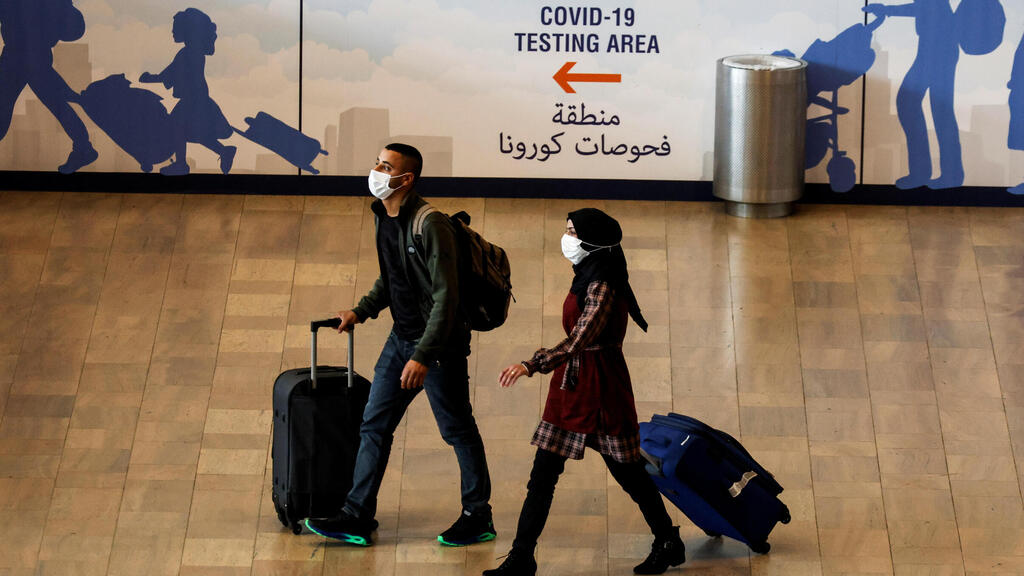Getting your Trinity Audio player ready...
Last week I took my kids to a children's play and to an indoor playground, both well-attended.
Both locations saw barely any enforcement of face mask policies and didn't even bother to check people's Green Pass. My protest regarding this conduct to the local managers was met with abject ignorance.
The reasons for this state of affairs are very clear: the public exhaustion from the past two pandemic-filed years, the new, vexing and confusing Omicron coronavirus variant, and the constant changes and revisions to health measures, which are perceived by many as inconsistent.
All of these lead the public to believe the government is crying wolf, eroding faith in government institutions. The public is justly relying on the belief that the vaccines are enough to deal with the disease.
According to available information, there are positive indications that Omicron does not cause severe illness and Israel is not yet facing an outbreak.
The current situation in Israel stems from a combination of the quick rollout of the booster shot, as well as the steps taken by the government as soon as it became aware of the new strain, alongside caution exhibited by the public.
But not all riches endure forever, and it is very likely the current state of morbidity in Israel will radically change in the coming weeks.
There is a high probability that the slow but consistent consolidation of Omicron as the dominant variant, along with the erosion of the protection given by the booster, will lead to a steep increase in the number of new cases. We may even reach the kinds of level of contagion not seen in previous infection waves.
In addition, there are quite a few scientists who claim that it is too early to rely on the assumption that Omicron causes a milder illness compared to the previous Delta strain, because it certainly is more infectious.
Coronavirus has taught us more than enough times that we should focus our efforts on preparation rather than forecasting. Therefore, considering where we stand now with the virus, Israel should take advantage provided by the vaccines and strengthen its ability to deal with the disease, while not interfering with the daily life of Israelis, at least for the time being.
Focus on long-term measures rather than proposals that are retracted or canceled even before they go into effect, such as the Green Pass mandate for shopping malls.
So what does this actually mean? The internalization that the virus requires genuine structural adjustments to our day-to-day lives, aided by policy tools and the vaccines.
3 View gallery


A child receives his coronavirus vaccine at a clinic in the West Bank settlement of Efrat
(Photo: Yoav Dudkevich)
First, adapting the education system to safe frontal learning in classrooms in small groups. We've done it successfully over the past year and for some reason we've stopped. Despite the difficulties, effort must be focused there.
Secondly, the vaccination campaign must be accelerated, with the state doing all it can to boost inoculation rates. This can only be achieved by increasing availability and bolstering public relation efforts.
The pediatric vaccination campaign must be conducted inside schools. The rate of immunization for children is a crucial step in blocking the Omicron's spread. It is clear that we are lagging behind and not doing enough to catch up.
And finally, allow open and public dialogue between the political and the medical echelons, and the public.
Right and considered decisions and open dialogue are the basis for restoring trust in the actions against the pandemic and engaging the public. Contrary to popular belief, I think the public knows how to accept complexity and recognize that even decision-makers do not know everything.
Moshe Bar-Siman-Tov is a former director-general at the Health Ministry and a guest researcher for the Institute for National Security Studies at Tel Aviv University



